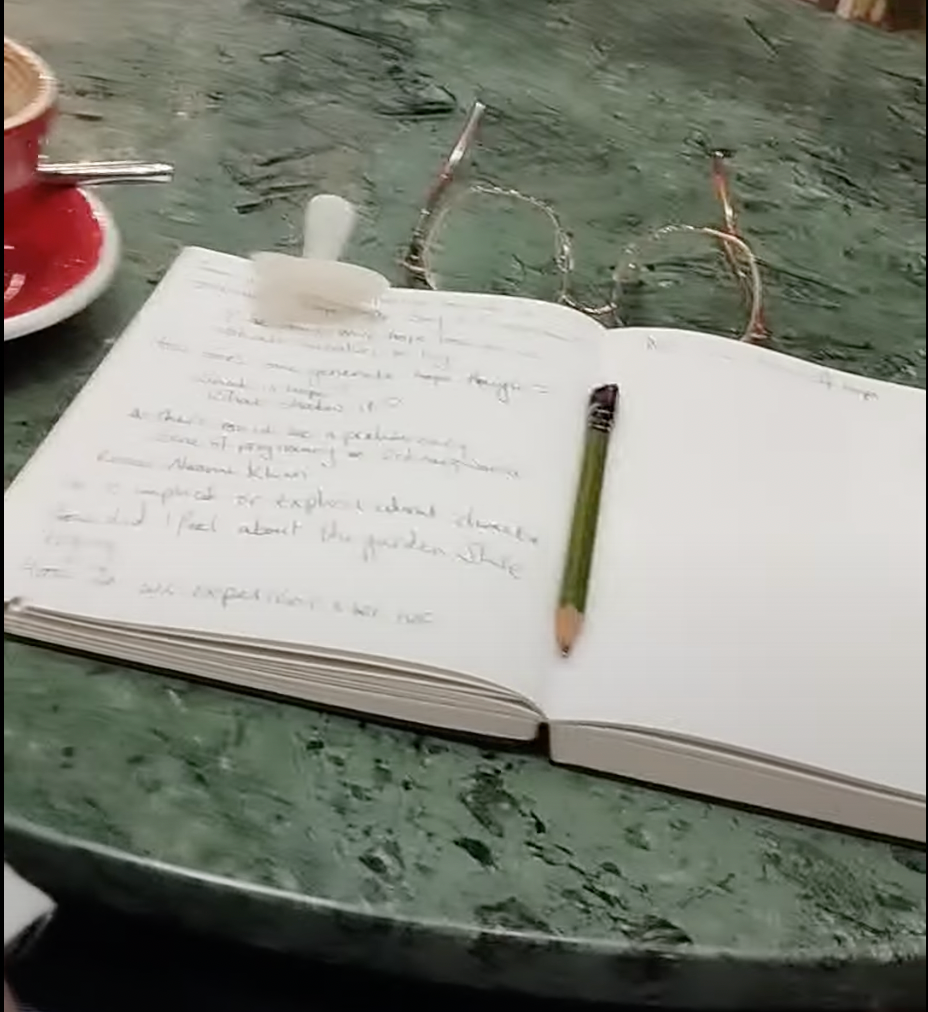Forum Theatre: creating a shared space for conversation and debate
- Laura Atherton

- Feb 24, 2021
- 4 min read
Updated: Feb 26, 2021
‘Whose Decision is it Anyway?’ , a project that I am currently performing in, uses forum theatre to engage in questions around how Patient Participation Groups (PPG) are run. Every general practice in England is required to have one of these groups that involve local patients in decisions about the practice.
Forum theatre is a technique developed by the Brazilian practitioner Augusto Boal. The form creates a theatre piece that is shown to the audience who then become involved with the work; to question, to provoke, to challenge the content and, essentially, empowering the audience to come up with a solution. In this style the aim is not to present a finished piece, but rather a piece that can be influenced and changed as a rehearsal for real life.
‘In the forum theatre no idea is imposed: the audience, the people, have the opportunity to try out all their ideas, to rehearse all the possibilities, and to verify them in practice, that is, in theatrical practice.’ (Boal, 2008:119)*
For our piece the structure is an initial performance of a PPG meeting, followed by a facilitated session in which the audience are invited to interrogate what they saw and ask the characters questions through ‘hot seating’, a technique of asking characters on the spot questions. The piece is then replayed using the suggestions from the audience. For me as an actor this work is an interesting and informative first experience to the practice of this technique.
At the point of writing this we have performed the piece once to the Patient Participation in Improving General Practice (PPIG) group who were involved in the making of the work and are part way through performing our pilot sessions to different groups.
In preparation for the work on this project we met with the PPIG group for them to share their experience and learnings so far in the work. Making theatre out of research gives necessary factual parameters to the creation, but in performing something out of research the importance of the fiction is also emphasised. This is research from real groups, and in any work that uses public engagement, the ethics of anonymity are of the utmost importance. Working out of research and into fiction is a very stimulating experience. The constraints of the form are vital to its essence and effectiveness, so embracing the ‘rules’ of the form and constantly checking back in on them was an important part of the process.
In that first meeting Professor Alice O’Grady described the process as “making the invisible visible.” As an actor and writer this appealed very much as something that I am striving for in my practice. But in the context of something as real and necessary as how GP Surgeries run it felt more significant, more urgent.
The performance element is improvised within a structure. What this means for me as a performer is that the character development feels even more vital than in scripted work because the questions in the facilitated section could be anything! I have to develop my character so that I am able to answer any questions that come up during the ‘hot-seating’. In playing the GP I have been able to ask Dr. Jess Drinkwater, the PPIG project lead, researcher and GP, lots of questions and get insight from ‘behind the scenes’ in a general practice. I have taken more time to read up on the wider context of what is happening for GPs now, particularly with the vaccination situation because despite the content not being the focus of our staged meeting (it is the how rather than the what that is being examined) I want to feel secure in my role so that I am not thrown by anything that could come up in the session.
The benefits of working this way is that there is a flexibility in the material that feeds into the style of theatre. It is responsive. We can update information in the structure, for example around the vaccination programme, and any learnings that we have made from previous runs work their way into the material. It stays fresh and alive, which is particularly useful on the more distanced medium of Zoom.
An interesting element to navigate in this project is that we are working entirely online. The impact and shadow of Covid-19 are unavoidable. We found solutions within the medium and created conventions; we change our Zoom names to our character names, cameras are off when you are not ‘on stage’. An element that I am still adapting to is finding the down time before a performance. As I’m sure many people have found with working from home, separating home life from the laptop is difficult and I have certainly bunched too many other things together before rehearsals. I am adapting though and want to create pre-show conditions in my own home that I would if I were performing ‘in real life’ with other people.
To conclude, I am finding this project a highly stimulating and illuminating way of working. I want to take forward the skills of working with research into my own work. The highlight is certainly working with the PPIG group, who are so generous with their knowledge and feedback. The cross-collaboration between performers and researchers feels like a dynamic space that I hope opens up conversations and allows learnings for those involved in PPGs.
This blog originally featured on the Performing Health website.
*Boal, A. (2008) Theater of the oppressed. Pluto Press.



Comments